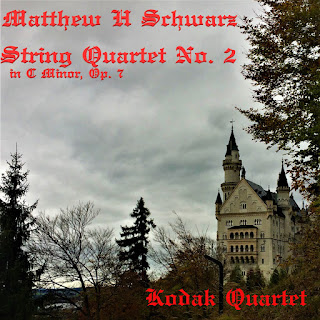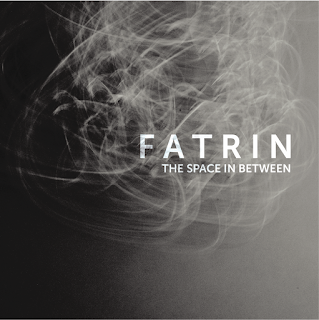John Mackey - Divine Mischief: Concerto for Clarinet
John Mackey - Divine Mischief: Concerto for Clarinet
Divine Mischief is erratic, borderline random, at times corny, but most of all, firmly entertaining.
John Mackey's latest work, a three-movement concerto for clarinet and wind ensemble, challenges the expected norms of the genre. Divine Mischief is erratic, borderline random, at times corny, but most of all, firmly entertaining. Mackey's sudden and drastic shifts of style, meter, and timbre are brought to life and even exaggerated by the virtuosic theatrics of clarinetist Julian Bliss. The concerto was premiered by Bliss and the Dallas Winds on the 18th, and had its second performance by Baylor University on the 20th.
Throughout all three movements, Mackey throws the audience for a loop by having the solo clarinetist musically portray the titular mischief. Every time the music begins the settle into a groove or mood, Bliss plays a completely contradictory note. Even the first entrance of the clarinet, guns blazing with ferocious flutter-tonguing and growling, shocks the listener into attempting to reorient themselves. The opening fanfares quickly contrast with a gorgeous tranquility, highlighting the harpist in the ensemble. Despite wild mood swings, Mackey supports the piece with secure, effective orchestration and compositional technique.
Mackey puts his delightful sense of humor on display for all to hear in this concerto. In addition to his spunky melodic lines in the third movement, "Spellbound", the soloist unabashedly hammers us with quotations from sources old and new, most prominently the famous Eb clarinet line in Berlioz's Symphonie fantastique, and the infamous "The Lick", often mocked in academic jazz circles. Bliss successfully plays into these jokey lines, allowing the part to remain funny without becoming a distraction.
One compositional trick Mackey seems to have down better than most contemporary composers, is creating strikingly dynamic endings which resonate with the audience. The ending to the second movement, "Disappointment, regret, regression: a waltz", is a perfect example. Bliss and the ensemble crescendos with a hurried run, off-putting for the traditionally slow middle movement of a concerto, and cinch the last note hard enough for the audience to physically jerk in response. As if the whiplash isn't enough, Mackey propels the final movement even further, finally giving the audience a sense of a groove, although unstable, with his expected sounds of metals and unpitched percussion.
Divine Mischief is an incredible development for concerti accompanied by wind bands, and difficult enough that few clarinetists after Bliss will likely tackle the screeching high lines, glissandi, and extended techniques. It is unfortunately rare in today's world of contemporary music that a composer require such wild energy out of a performer, and rarer still that the performer is able to match it. The pairing of Mackey and Bliss has resulted in a dazzling new work, which will hopefully continue to stun audiences.



Comments
Post a Comment